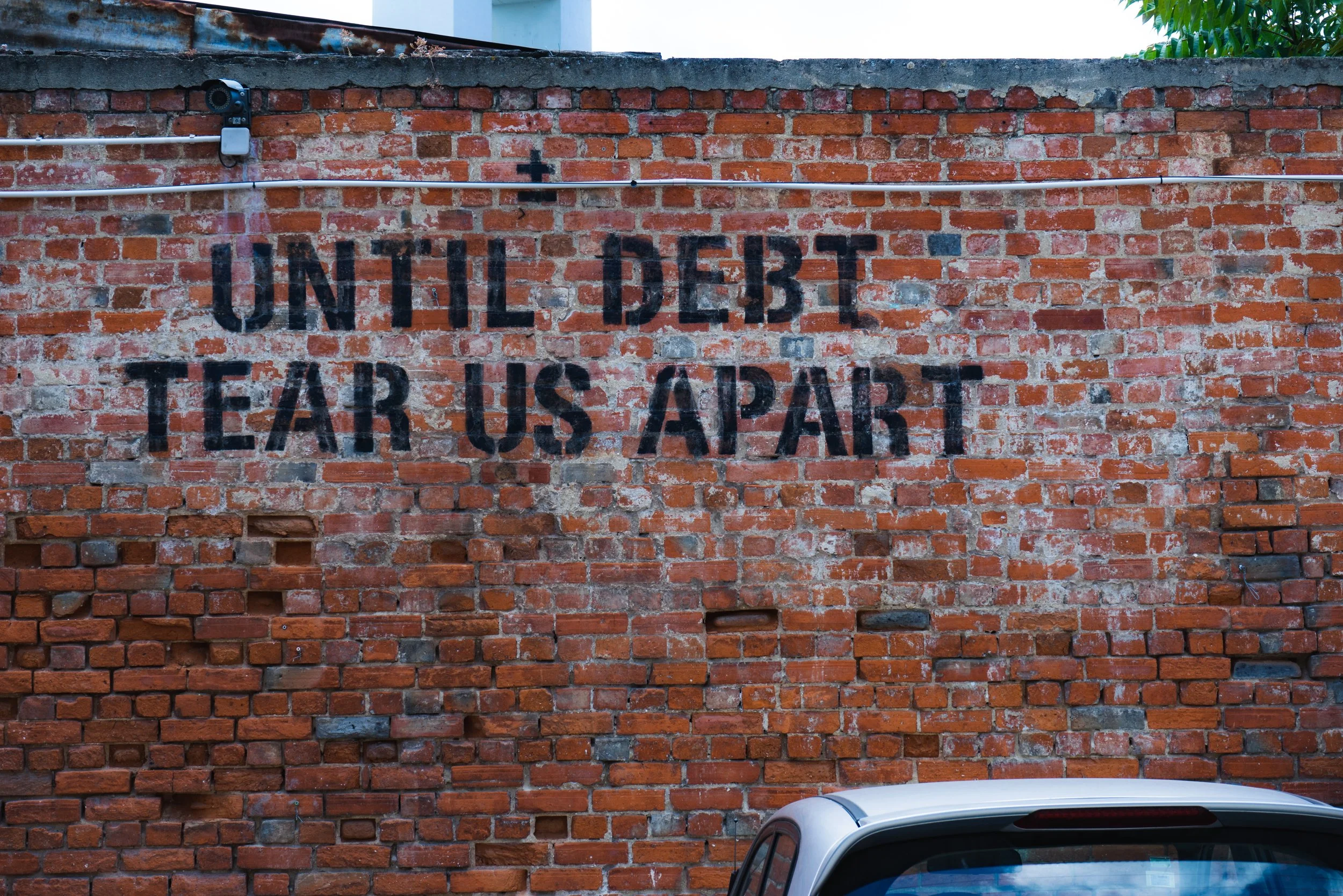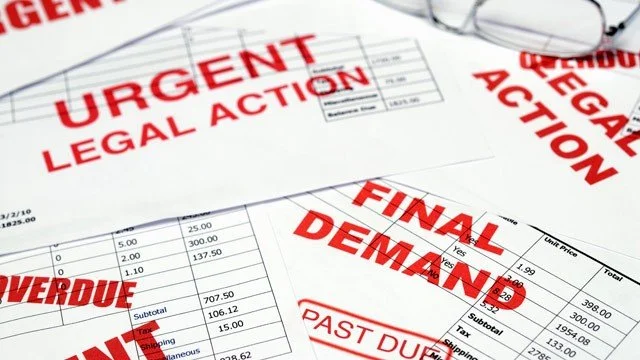Fighting to Reverse New York Courts’ Erosion of People’s Basic Due Process Rights
By New Economy Project
Over the past two decades, debt buyers—companies that buy old debts for pennies on the dollar—have filed millions of debt collection lawsuits and obtained millions of default judgments, against low-income New Yorkers, mostly those in predominantly Black and brown neighborhoods.
These debt buyers have consistently violated these New Yorkers’ due process rights to notice and an opportunity to be heard, by engaging in “sewer service”—falsely claiming to courts that they have served people with notice of a lawsuit.
This rampant sewer service has ensured that the vast majority of New Yorkers sued by debt buyers do not show up in court to defend themselves. The debt buyers then obtain easy, automatic default judgments, which they use to seize funds from New Yorkers’ bank accounts and paychecks. These seizures are often the first notice these New Yorkers have that they were ever sued.
The egregious lack of due process in debt collection lawsuits filed against New Yorkers is well-documented. In 2010, New York’s Attorney General announced that a process serving agency owner had admitted to filing false affidavits of service in thousands of debt collection lawsuits. In 2015, New Economy Project, with co-counsel, reached a $59 million settlement in Sykes v. Mel Harris & Assocs., LLC, a federal class action alleging that a ring of debt buyers had routinely filed false affidavits to fraudulently obtain default judgments against New Yorkers. In 2017, tens of thousands of these fraudulently obtained default judgments were eliminated in a mass vacatur proceeding.
But for this mass vacatur, New Yorker Ana Gomez would still be subject to one of those fraudulently obtained default judgments. She did not know she had been sued by one of the Sykes debt buyers until that debt buyer began to seize her wages. For three years, she endured the wage seizures because she did not know her legal rights and could not afford an attorney. Then, in 2013, a legal aid attorney successfully argued that the underlying default judgment against Ms. Gomez should be vacated because she was never served with notice of the lawsuit. In 2015, however, an appellate court reversed the vacatur, holding that Ms. Gomez had “waited” too long to challenge the default judgment.
The appellate court that ruled against Ms. Gomez relied on another court’s holding, in Calderock Joint Ventures, L.P. v. Mitiku, that a defendant who endures wage seizures for more than a year without challenging the underlying default judgment in court automatically waives any objection that she was never served with notice of the lawsuit. Though there was evidence of bad faith by the defendant in Mitiku, New York courts have repeatedly applied its holding to situations like Ms. Gomez’s, even where there is no such evidence of bad faith, and where the defendant was unaware of her legal rights and unable to afford an attorney.
Such is the situation of Sharae Banks, another New Yorker denied relief based on Mitiku. Like Ms. Gomez, Ms. Banks did not know she had been sued by a debt buyer because she was never served, and for several years she endured wage seizures because she did not know her legal rights and could not afford an attorney.
Once she discovered that she had the right to challenge the underlying default judgment in court, she did so, aided by free legal assistance. The court still concluded, based on Mitiku, that Ms. Banks had waived her objection that she was never served with notice of the lawsuit, despite uncontradicted evidence that the debt buyer had engaged in sewer service.
The Court of Appeals, New York’s highest court, has noted that “questionable service practices have their greatest impact on those who are poor and least capable of obtaining relief from the consequences of an improperly imposed default judgment.” The courts that have misapplied Mitiku have effectively punished low-income New Yorkers for being poor or lacking legal representation. Going forward, New York courts must recognize the paramount importance of people’s basic due process rights and stop denying low-income New Yorkers relief from judgments that should never have been entered against them in the first place.
New Economy Project, with co-counsel, appealed the court’s refusal to vacate the default judgment against Ms. Banks, with the generous support of such funders as the Barbara McDowell and Gerald S. Hartman Foundation. Ms. Banks’s motion for leave to appeal to the Appellate Division, First Department, was just granted on February 16, 2023.
About New Economy Project
New Economy Project is a 2022 grantee of the Barbara McDowell Foundation whose grant-funded case appealed the New York State court’s refusal to vacate the default judgment against Ms. Sharae Banks. Through this case, New Economy Project seeks to reverse a disturbing line of cases granting New York State courts unwarranted discretion to refuse to vacate default judgments entered without personal jurisdiction and equating a sustained period of involuntary payments with waiver of one’s personal jurisdiction defense.


